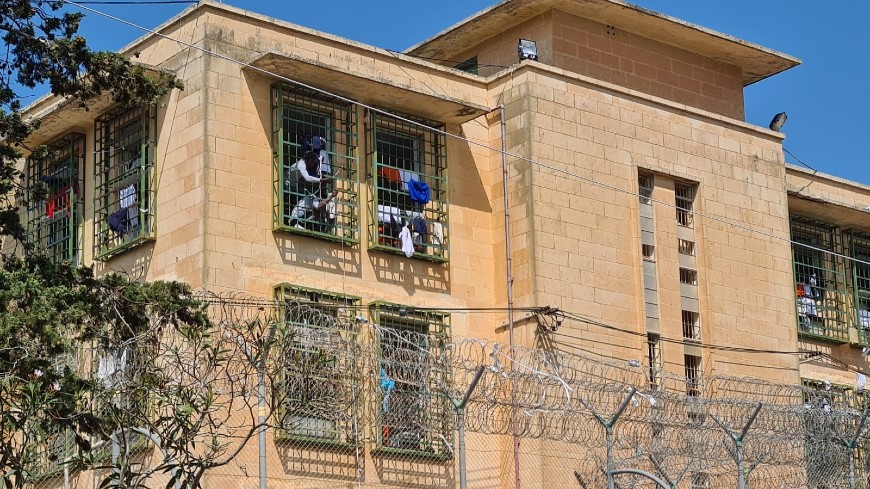From 17 to 22 September 2020, the Council of Europe’s Committee for the Prevention of Torture (CPT) conducted a six-day rapid reaction visit to Malta to examine the treatment of detained migrants. The CPT’s delegation examined the conditions of detention for, and treatment of, migrants deprived of their liberty, including families with young children and unaccompanied and separated minors. It visited various places where migrants are being held, notably the detention and reception centres, as well as two police stations.
In the course of the visit, the delegation had meetings with representatives from the relevant ministries and authorities, UNHCR, NGO´s and senior doctors responsible for Malta’s public health strategy and, notably, its Covid prevention strategy. At the end of the visit, the delegation’s preliminary findings were presented to the Maltese authorities, along with some observations for immediate action. A full report on the visit will be transmitted to the Maltese authorities in due course. The CPT will continue to engage constructively with the Maltese authorities to ensure that all persons deprived of their liberty are treated in accordance with the CPT’s minimum standards, including as regards material conditions of detention and fundamental safeguards against ill-treatment.
From 10 to 14 August 2020, the Council of Europe’s Committee for the Prevention of Torture (CPT) carried out a five-day rapid reaction visit to Croatia to examine the treatment of persons attempting to enter the country and apprehended by the police. The CPT delegation visited a number of border police stations in Croatia as well as the country’s main reception centre for foreigners (Ježevo) in order to examine the conditions of detention and formal pre-removal procedures. The delegation also visited several temporary reception centres and informal migrant settlements in north-west Bosnia and Herzegovina where it interviewed and medically examined many migrants who claimed they had very recently been apprehended by Croatian law enforcement officials within the territory of Croatia and forcibly returned to Bosnia and Herzegovina. The preliminary observations of the delegation were presented to the Croat authorities at the end of the visit and a full report on the visit will be transmitted to them in due course. The CPT will continue to engage constructively with the Croat authorities with a view to ensuring that all migrants deprived of their liberty are treated in accordance with the CPT’s standards, in particular as regards fundamental safeguards against ill-treatment and the effectiveness of police accountability mechanisms. In the course of the visit, the delegation held consultations with relevant authorities and representatives of non-governmental organizations active in areas of concern to the CPT.



